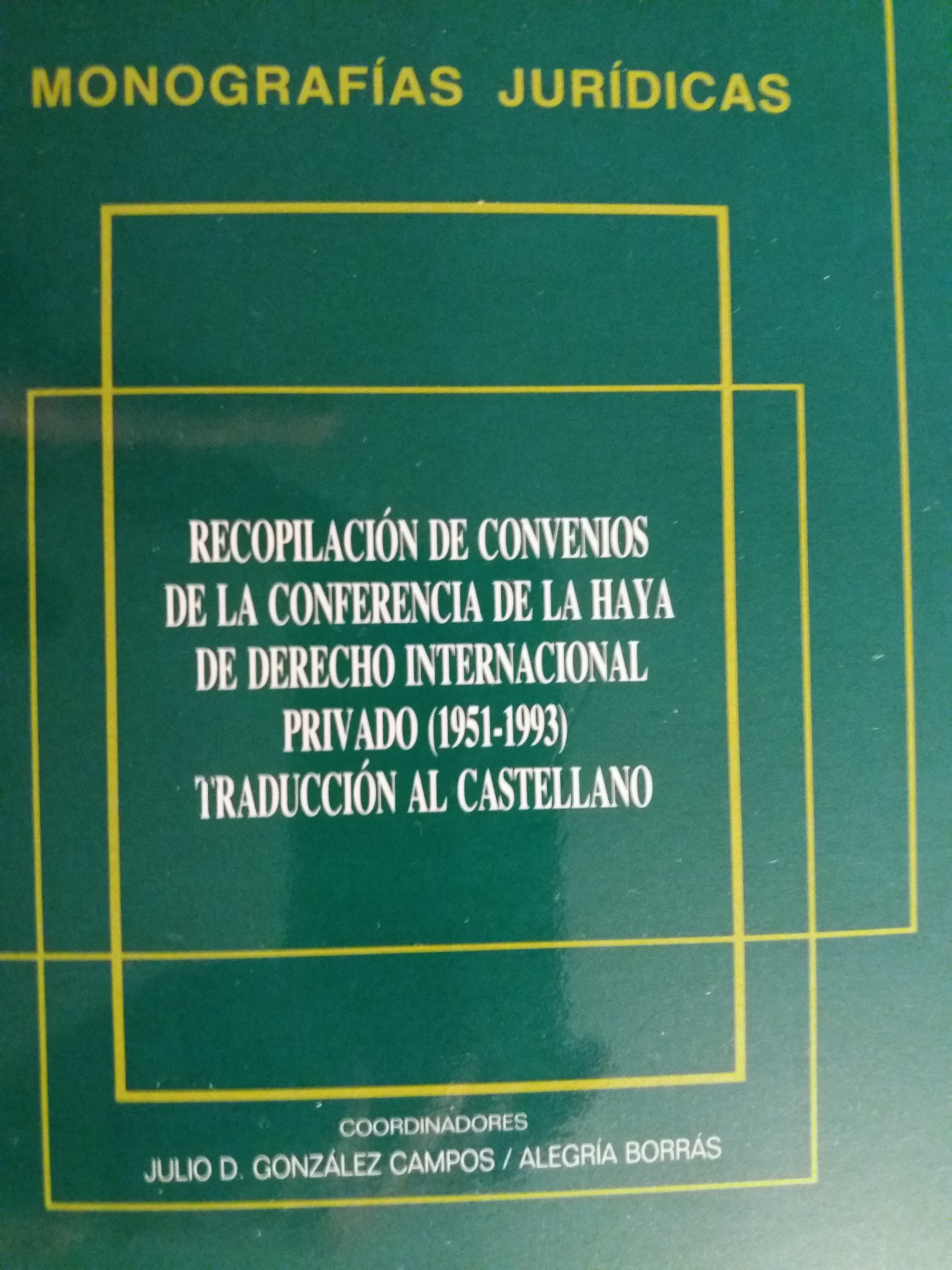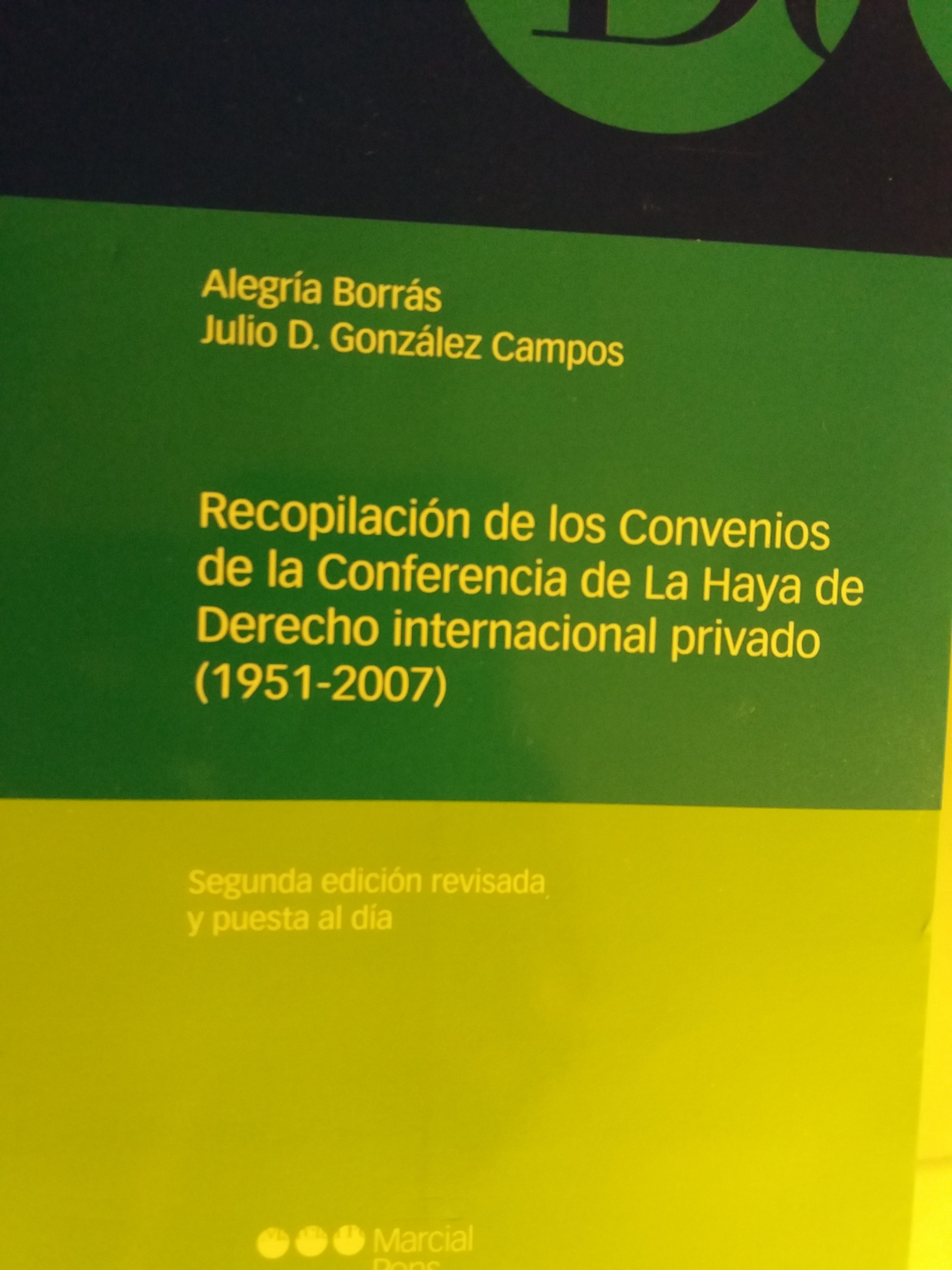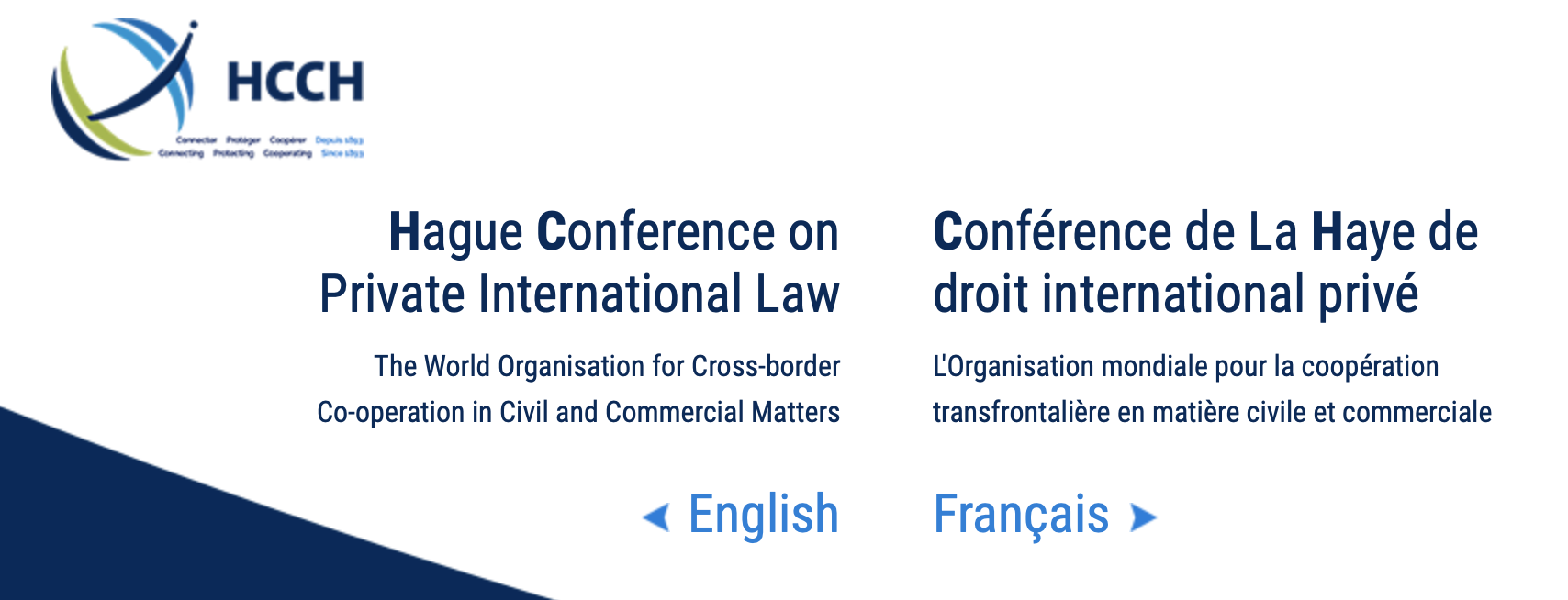Views
Nothing Found
Sorry, no posts matched your criteria
News
HCCH Internship Applications Now Open!
Applications are now open for three- to six-month legal internships at the Permanent Bureau’s headquarters in The Hague, for the period from July to December 2023!
Interns work with our legal teams in the areas of Family and Child Protection Law, Transnational Litigation and Legal Cooperation, and Commercial, Digital and Financial Law. Duties may include carrying out research on particular points of private international law and/or comparative law, taking part in the preparation of HCCH meetings and contributing to the promotion of the HCCH and its work.
Applications should be submitted by 31 March 2023. For more information, please visit the Internships Section of the HCCH website.

Spanish at the HCCH: An ode to professors Alegría Borrás and Julio González Campos
May today’s milestone (reported here) be also an ode to late professors Alegría Borrás and Julio González Campos for their absolute tireless efforts regarding the Spanish language at the Hague Conference on Private International Law (HCCH) and their infatuation with the Spanish language.
Let us remember that we are standing on the shoulders of giants.


Revolución! Hague Conference Adopts Spanish as Third Official Language



